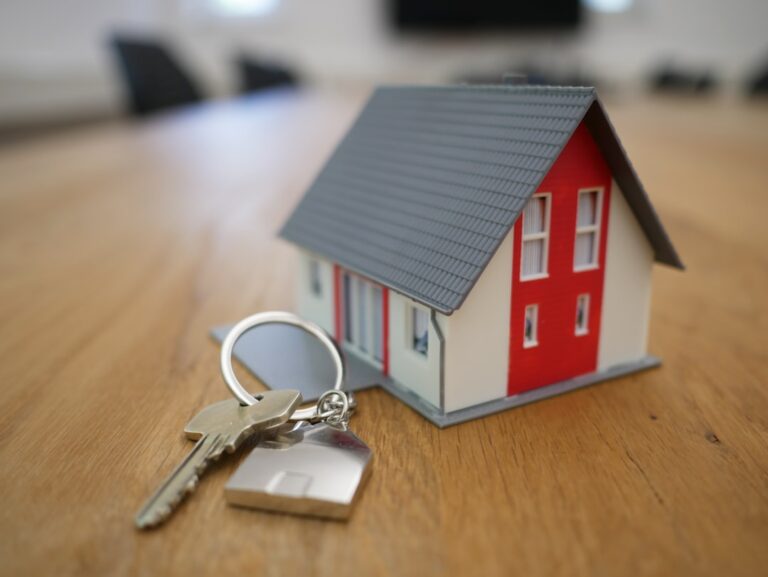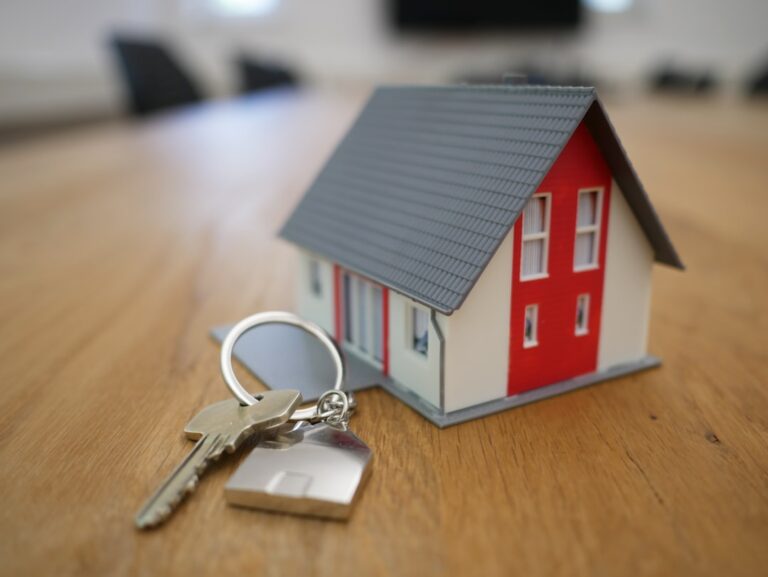Unemployment can lead to debt cycles, where borrowing for daily expenses increases overall debt. A 10K Debt Consolidation Loan combines multiple debts into one with a lower interest rate, simplifying repayment and regaining financial control. This strategic solution reduces stress, saves money on interests, and breaks the cycle of high-interest debt. Assess lender credibility, compare offers, create a budget, prioritize high-interest debts, and review regularly. Implement long-term financial strategies post-loan: balance budget, save, and invest to achieve stability and growth.
Unemployment and mounting debts can be a crippling combination, leaving individuals searching for solutions. This article explores the intricate relationship between job loss and debt consolidation through personal loans, with a focus on the potential benefits and challenges of a 10K Debt Consolidation Loan. We break down key considerations, from understanding the current financial situation to evaluating lender credibility and devising repayment strategies. By the end, readers will be equipped to make informed decisions about their long-term financial health.
- Understanding Unemployment and Debt Struggles
- The Role of Personal Loans in Consolidation
- 10K Debt Consolidation Loan: A Viable Option?
- Evaluating Lender Credibility and Terms
- Strategies for Repaying Consolidated Debt
- Long-Term Financial Planning After Consolidation
Understanding Unemployment and Debt Struggles

Unemployment can exacerbate financial struggles, leaving individuals overwhelmed by mounting debts and bills. This challenging situation often leads to a cycle of borrowing to cover living expenses, which can significantly increase overall debt. Many find themselves burdened with multiple loans and credit card payments, making it hard to keep up with even the most basic financial obligations.
A 10K Debt Consolidation Loan offers a potential solution for those caught in this cycle. By consolidating various debts into one loan with a lower interest rate, individuals can simplify their repayment process and potentially save money on interest charges. This strategic approach enables them to focus on paying off the consolidated loan more efficiently, ultimately helping to regain control over their financial future.
The Role of Personal Loans in Consolidation

Personal loans play a pivotal role in debt consolidation, offering individuals a strategic approach to manage and reduce their financial burdens. When someone is grappling with multiple debts, such as credit card balances or medical bills, a 10k Debt Consolidation Loan can serve as a powerful tool. This type of loan allows borrowers to combine all their outstanding debts into a single, manageable payment, simplifying the repayment process.
By taking out a personal loan for debt consolidation, individuals can potentially reduce their interest rates and monthly payments, providing much-needed financial relief. It offers a clear path to repayment, enabling folks to focus on rebuilding their financial stability. This methodic approach can be particularly beneficial for those aiming to break free from the cycle of high-interest debt, paving the way for a more secure financial future.
10K Debt Consolidation Loan: A Viable Option?

For individuals struggling with a heavy debt burden, the idea of consolidating and managing it more effectively can be appealing. A 10K Debt Consolidation Loan offers a potential solution for those looking to simplify their financial obligations. This loan type is designed to combine multiple debts into one single, more manageable payment, making it easier for borrowers to stay on top of their finances.
By taking out a 10K consolidation loan, individuals can pay off credit cards, personal loans, and other high-interest debts with a single, lower monthly payment. This approach can significantly reduce the stress associated with multiple repayments and potentially save money in interest charges over time. It’s especially beneficial for those who want to break free from the cycle of high-interest debt and regain control of their finances.
Evaluating Lender Credibility and Terms

When considering a 10k debt consolidation loan, evaluating the lender’s credibility and understanding the terms are crucial steps. Start by checking the lender’s reputation; look for reviews and feedback from previous borrowers to gauge their experience. Reputable lenders often have transparent and fair practices, ensuring you’re not caught in any hidden fees or unfair charges.
Pay close attention to the loan terms, including interest rates, repayment periods, and any associated costs. A good rule of thumb is to compare multiple offers to find the most suitable deal. Look for flexible repayment plans that align with your financial capabilities, allowing for a realistic path to debt elimination. Remember, understanding these aspects can significantly impact your long-term financial health.
Strategies for Repaying Consolidated Debt

When considering a 10k debt consolidation loan, strategic repayment plans are crucial for financial success. The first step is to create a budget that allocates specific funds towards repaying the loan and other debts. This involves evaluating your income, fixed expenses, and variable spending to identify areas where you can cut back and allocate more money toward debt reduction.
Prioritizing high-interest debts within the consolidated loan is a common strategy. By focusing on paying off these debts first, you minimize the overall interest paid over time. Additionally, consider using the snowball method, where you pay off smaller debts swiftly to gain momentum and motivation before tackling larger ones. Regularly reviewing and adjusting your budget will ensure your repayment plan stays on track, leading to debt-free days ahead.
Long-Term Financial Planning After Consolidation

After successfully consolidating debts with a 10K loan, it’s crucial to shift focus towards long-term financial planning. This involves creating a budget that accommodates debt repayment and savings simultaneously. By allocating specific funds for monthly payments and setting aside an emergency fund, individuals can ensure they remain on track financially.
Regularly reviewing and adjusting your budget is essential. As you pay down the consolidated debt, reallocate those funds to boost savings or invest in financial tools like retirement accounts. This proactive approach not only helps manage existing debts but also builds a solid foundation for future financial stability and growth.
Unemployment and debt can create a seemingly insurmountable challenge, but understanding your options is a crucial first step. Personal loans, especially the 10K Debt Consolidation Loan, offer a viable path to financial stability by consolidating bills and debts. When evaluating lenders, it’s essential to consider terms, interest rates, and credibility. Successful repayment strategies involve creating a budget, prioritizing payments, and exploring additional savings opportunities. After consolidation, long-term financial planning includes building an emergency fund and investing for the future, ensuring you’re better equipped to handle unexpected financial setbacks.
